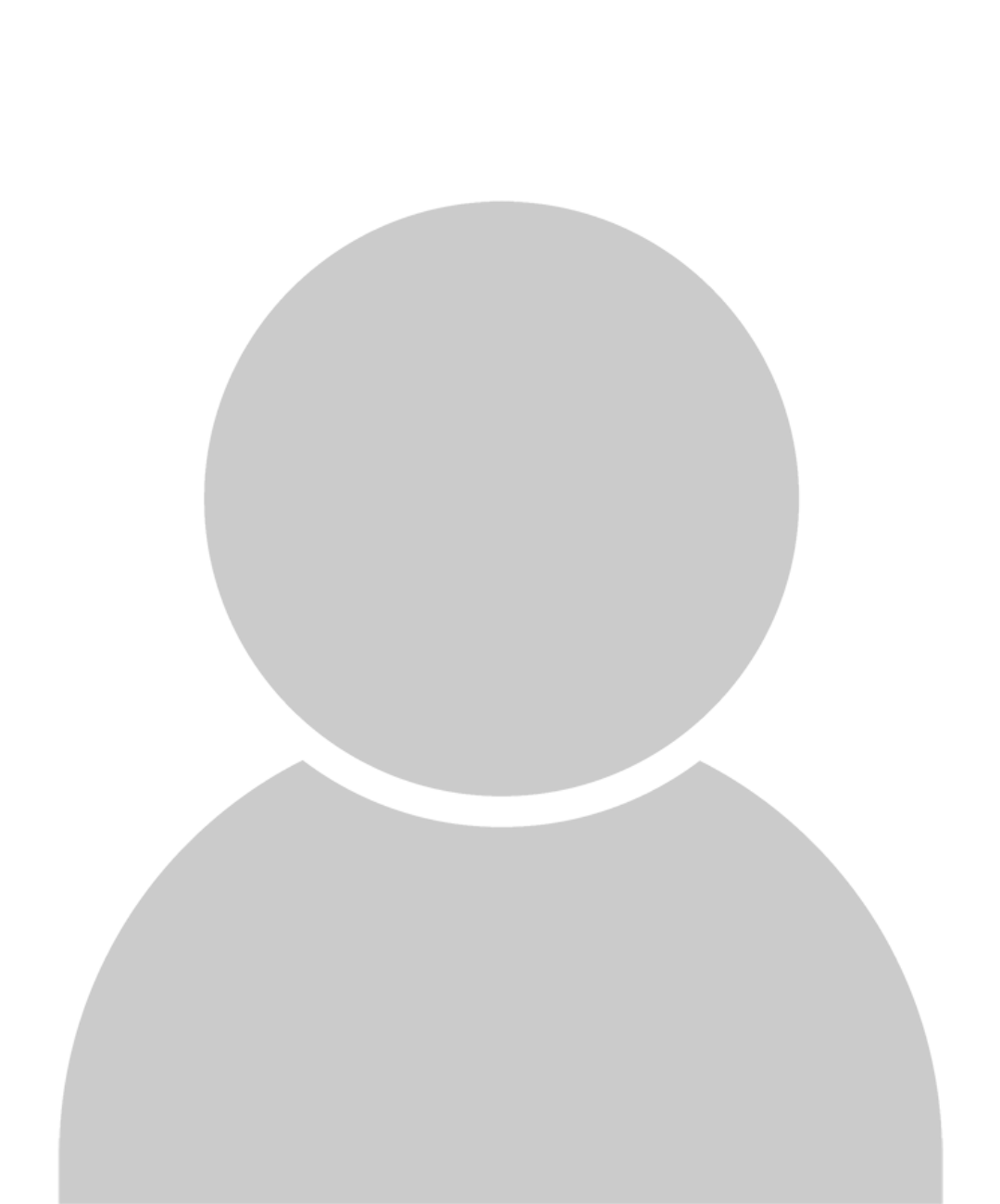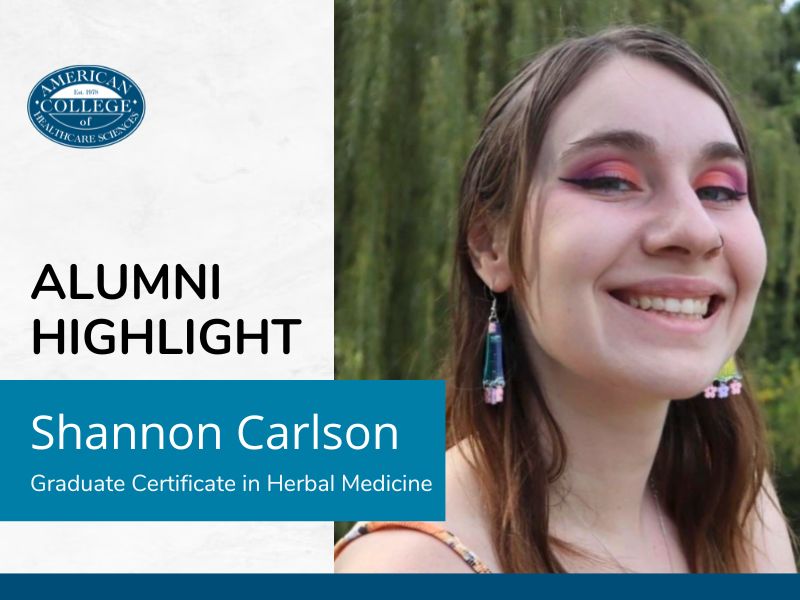In the 7 Habits of Highly Effective People, Stephen Covey coined the phrase, “Seek first to understand, then to be understood.” Such a simple and powerful phrase. But how can we understand someone else’s point of view when we haven’t looked closely at our own and at how it has been created? [1]
A point of view is very simply that—a point. It’s a spot from which we look at the world. Put another way, it’s the glasses we wear to filter our understanding of the world: a prescription unique to us and formed from our personal history.
And since these glasses are unique to us, it makes our perspective unique as well. In other words, my understanding of other people, of situations, or of the world in general could be (and probably is) very different from yours. So without a solid understanding of my own perspective, I can’t truly understand yours.
But, how can I gain more understanding of my own perspective? I mean, I’ve developed this prescription for my glasses over the course of my whole life.
Well, prescriptions can change! And as our eyes change, so can our perspectives.
4 Ways to Gain Greater Insight into Your Point of View and How to Cultivate Greater Understanding of Others
1. Ask, “What does this remind me of?”
I recently heard the phrase, “If it’s hysterical, it’s historical,” from Melody Beattie’s, The Language of Letting Go. Let this be your mantra! When you find yourself in a situation where you have a BIG reaction to a seemingly SMALL situation, that’s your clue that your reaction is all about you, and probably has little to do with the situation at hand.[2]
The key to uncovering your perspective in these situations is to ask yourself, “What is this like?” In other words, what from my past is influencing my present experience? Who from my past does this person remind me of? What situation from my past has similarities to this one? Asking these questions can provide clarity about the origin of, or instigation for your reaction.
And once you uncover the origin, you can begin to separate the current situation from the historical situation that is being superimposed over the present moment. You can remind yourself that this friend or co-worker, for example, is not Mom, Dad, Brother, or Ms. Lencraft from the 4th grade. This will help you to return to the current situation and manage it from a present rather than a past perspective.
2. Listening is a conscious act.
The term “active listening” is thrown around a lot, but what does it actually mean? To hear someone is very different that listening to them. Hearing is a passive act. It requires no effort, while listening is a conscious act and requires our full attention. We all know what it feels like to be heard but not listened to. We also know when we aren’t fully listening.
My days are busy, and my mind is full. You know in the superhero movies when they run or fly really fast and the forward motion becomes a blur … I often find myself feeling like that. I get so far out ahead of myself that when I finally stop, that stream of blur behind me needs to catch up (and often knocks me in the head) as I reunite with myself.
If I were to try to listen to someone in this state of “blur,” I would be doing both of us a disservice. There would be too much of my own blur in the way, like trying to hear someone on the phone when there’s bad reception and everything sounds distorted.
Slow down. Connect with the person in front of you.
If you find yourself formulating your response while someone is still talking, you aren’t really listening. Try asking three clarifying questions before you share your perspective. This will force you to stay present.
3. Take responsibility.
When we are talking about understanding, it’s apropos to define “responsibility” as “our ability to respond.” The truth is that most of us react without questioning why we’re reacting.
We say things like “They upset me,” “They hurt me,” or “They made me angry.” You see the pattern? Where is the responsibility in this way of framing the situation? Remember, when you point your finger at someone else, there are three more fingers pointing towards you.
And I know it can be really frustrating when we are triggered by what someone has said or done. But we can’t control what others do and say. Let me repeat—we CAN’T control what others do and say. All we CAN and MUST control is how we choose to react. This is our responsibility. And how freeing it can be to realize that we really do have a measure of control!
When we find ourselves blaming, it’s time to ask ourselves, “Why am I reacting like this?” There is no way we can respond with any clarity until we take responsibility for the reaction we are having.
4. Get curious.
It’s so much easier to listen when we are genuinely curious about what the other person is saying. As S. Leonard Rubinstein said: “Curiosity is a willing, a proud, an eager confession of ignorance.” And if we truly want to understand someone, we can’t pretend to know where they are coming from. We must get curious.
References
[1] You can learn more about the 7 Habits of Highly Effective People on Stephen Covey’s website here: https://www.stephencovey.com/7habits/7habits.php
[2] You can learn more about The Language of Letting Go on Melody Beattie’s website here: http://melodybeattie.com/books/language-letting-go-hazelden-meditation-series/
Disclosure of Material Connection: I am the Community Programs & Events Manager
at American College of Healthcare Sciences, the Institution that publishes this blog. However, all opinions are our own. If this blog contains affiliate links, they will be marked with an asterisk. I am disclosing this in accordance with the Federal Trade Commission’s 16 CFR, Part 255: “Guides Concerning the Use of Endorsements and Testimonials in Advertising.”
This article is for informational purposes only. It is not intended to treat, diagnose, cure, or prevent disease. This article has not been reviewed by the FDA. Always consult with your primary care physician or naturopathic doctor before making any significant changes to your health and wellness routine.




